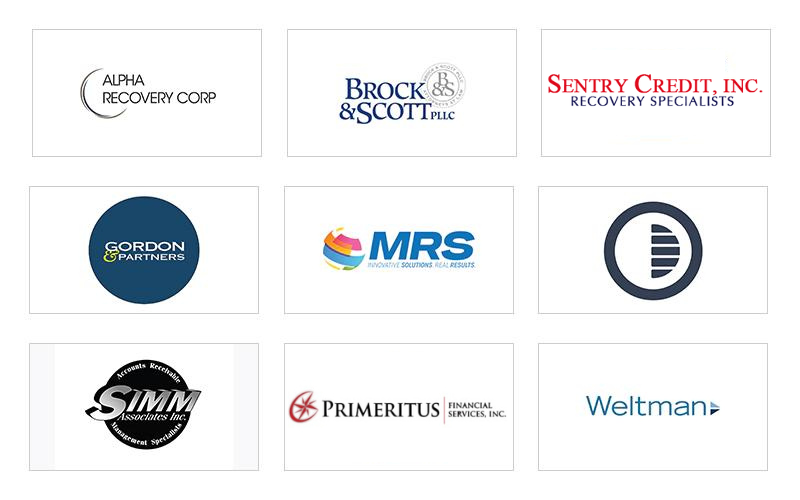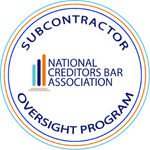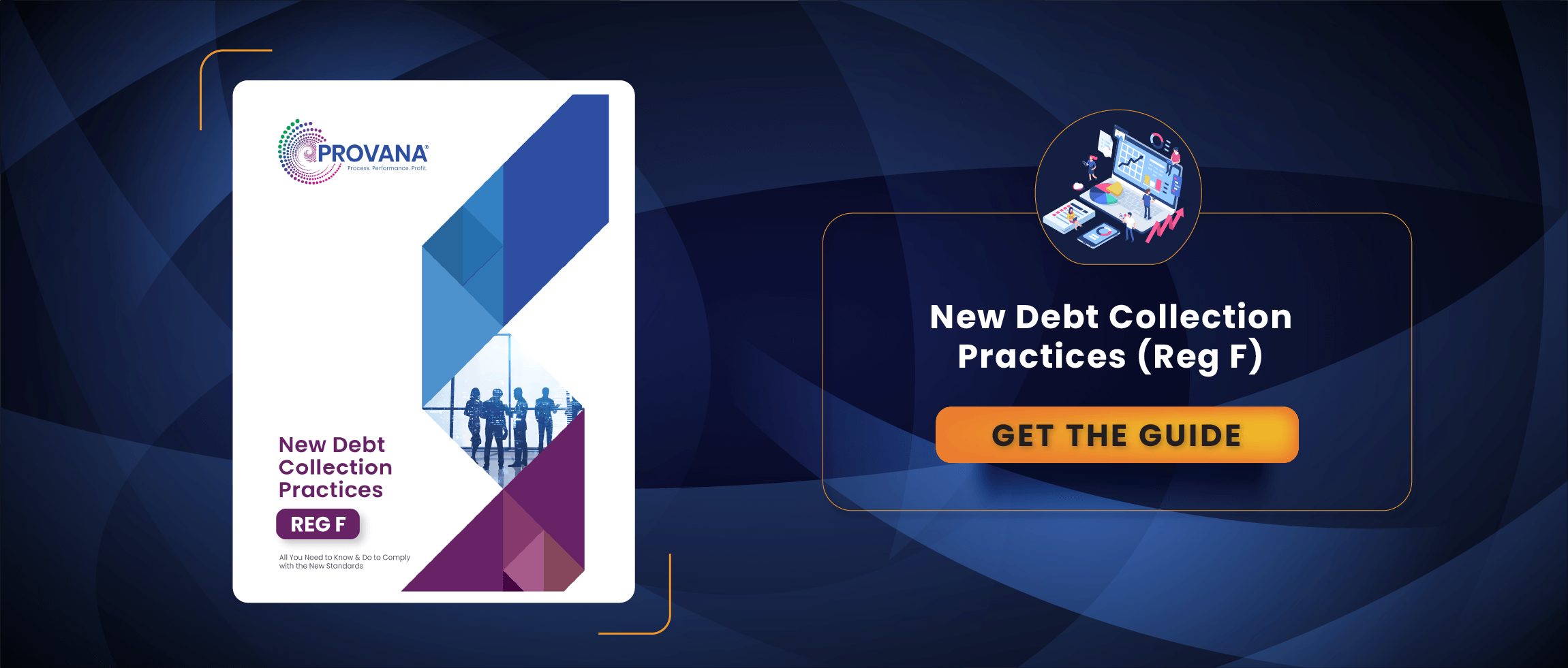4 Effective Strategies for Chief Compliance Officers Working in the ARM Industry
- March 30, 2022
- Category: Compliance Management

Recommended Reading
The burdens of being a Chief Compliance Officer (CCO) in a collection business continue to grow with the increasing regulatory environment. Compliance is a complex topic that affects all areas of a collection business and requires adherence to multi-layered CFPB laws and regulations. This means being a CCO in the current ARM landscape is not simply about maintaining a compliance program, but also changing the culture of an organization to embrace compliance. However, as a one-person band, a compliance officer can quickly become overwhelmed and struggle with where to focus.
Establishing a compliance framework and adopting certain strategies can help compliance professionals be successful, even with limited resources. To discuss elements of the same framework, risk assessments, and compliance training, we recently joined forces with Mike Gibb from AccountsRecovery.net for a series of webinars. The strategic to-dos for CCOs listed below are based on our takeaways from the same webinars.
1. Lay a solid foundation of compliance in your organization
If you are the first CCO hired by the company, start by setting up a compliance management system, a whistleblowing channel, and an approval officer to ensure that all compliance violations are properly registered and processed. If your company already has a compliance management system in place, make sure it is integrated with other business functions such as training and call management. If that’s not the case, opt for an automated compliance management system that doesn’t require your team to register and validate every compliance violation. In either case, establish a framework to assess and identify potential risks within the company, develop proposals for dealing with and avoiding compliance risks, optimize existing processes and procedures.
Sit down with the team to lay down timelines for conducting regular assessments to determine whether existing SOPs are compliant with the latest rule(s). It is also important to maintain ongoing metrics to benchmark the progress of compliance program effectiveness.
2. Sell your program to executive leadership effectively
You don’t always have to have a legal background to be a successful/effective compliance officer. One crucial skill that you need to thrive as a CCO is to have people listen to you. To be an effective CCO, you must always be selling the program to the Board and leadership. This must include selling the benefits of a successful compliance program, as well as the consequences of failing with it. And the best way to put your compliance-focused message across the board and leadership is to link non-compliance to a cost that the company will have to bear if it lets instances of compliance violations go unnoticed.
3. Use your influence to create a culture of compliance across the business
It is critical to leverage the people you meet in the business who can encourage, influence, and evangelize the compliance message to their subordinates. Because a CCO communicates directly with the Board and is involved in crucial business decisions, you have an opportunity to play an advisory role. A lot of benefits can come from acting as a contact person and liaison between department heads and executive leadership. To be truly effective, reach out to team leads and call center managers to carry the compliance message to their subordinates, by word and example.
4. Vet your speech partner more diligently for the best on-call compliance
Given calling a consumer is a crucial business operation for any collection agency, choosing the right speech platform becomes even more crucial for any collection business. If your business is still setting up a speech program, you can add immense value to the overall exercise with your recommendations.
Machine learning-driven AI platforms are generally more efficient and apt for any collection business compared to generalized, broad-brush-stroked AI speech platforms. Hence, it is important to make sure the speech platform you choose or switch to is pre-tuned to the ARM industry. It is also crucial to ensure that the solution is built on use cases and is contextually relevant.
Given every speech analytics service provider promotes their solution as ARM-compliant (even when they are not), it becomes significant to vet speech solution providers more diligently. Recommend call operations head to send a couple of call recordings to multiple vendors and see how well they score your calls. This will help you know if they understand the context of your call and the nuances of the post-Reg-F ARM industry.








